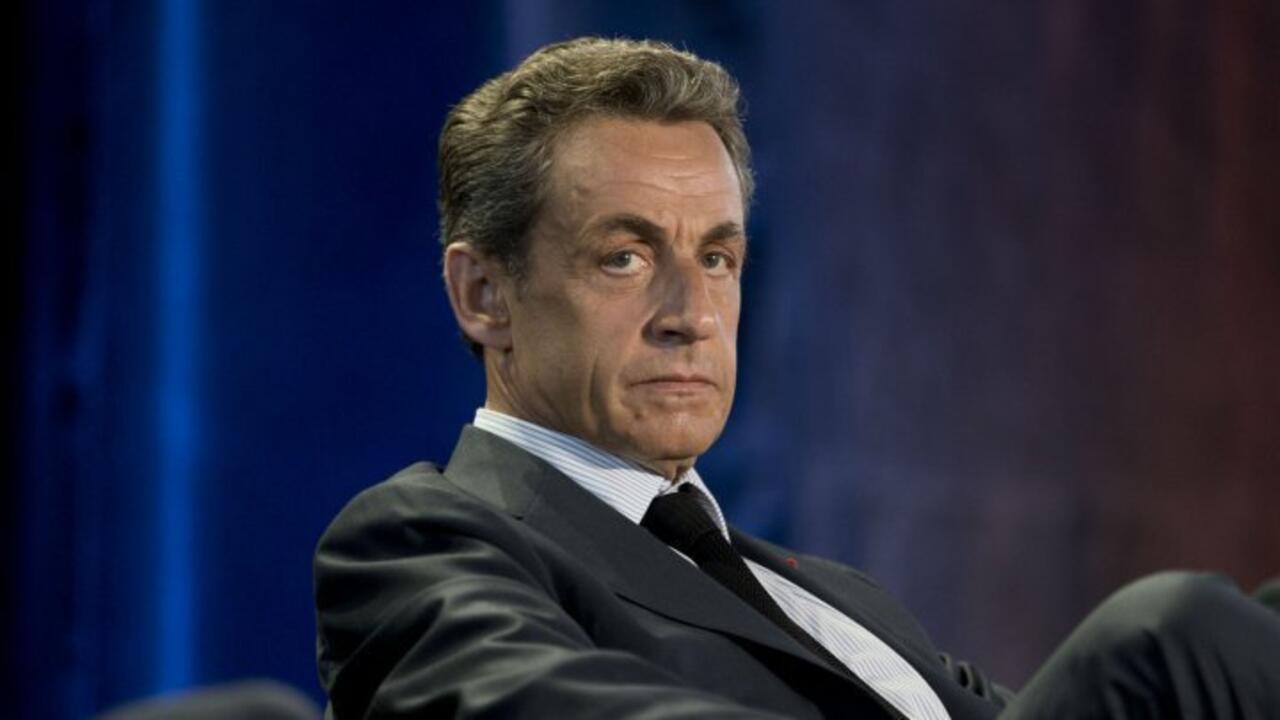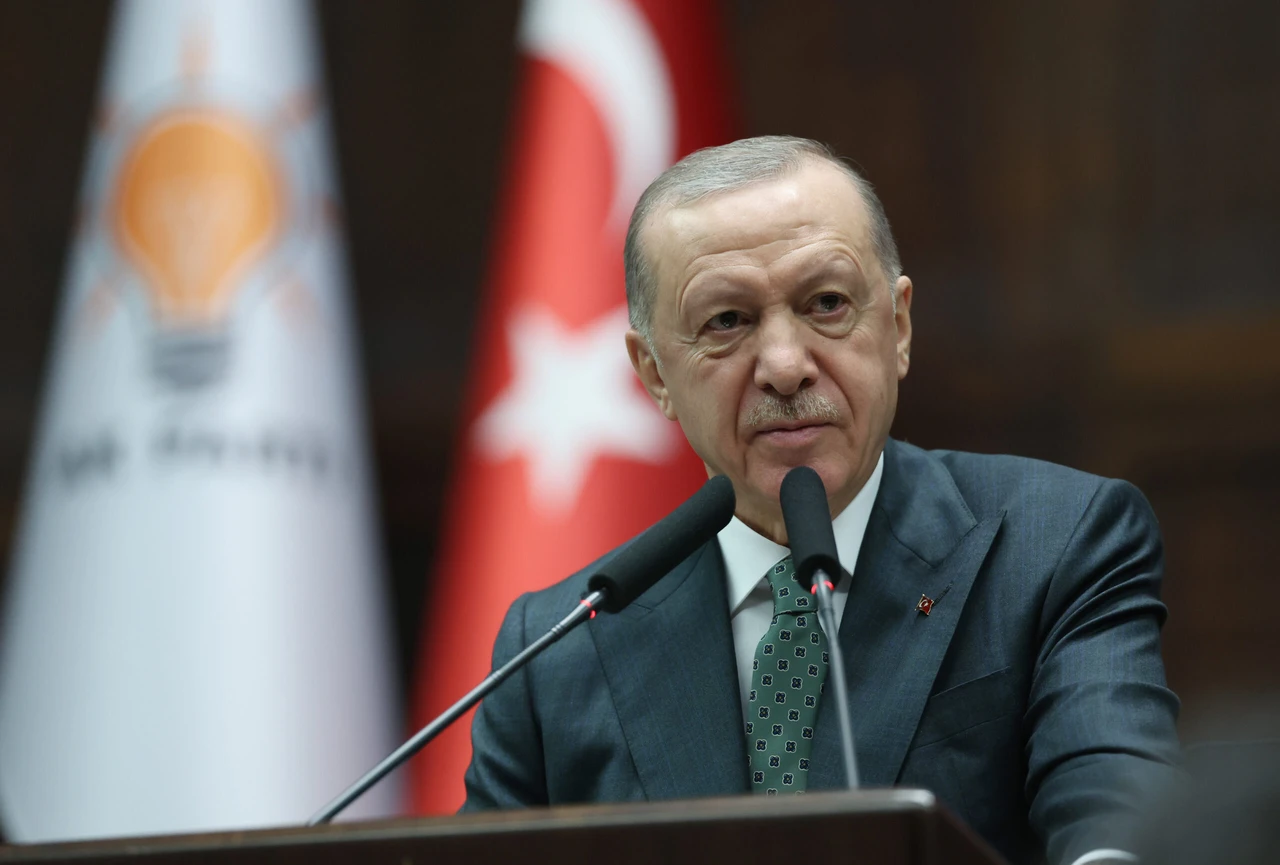France’s top court upholds former President Sarkozy’s corruption conviction
 Former French President Nicolas Sarkozy (C) looks on from the stands ahead of the French L1 football match between Paris Saint-Germain and Olympique Lyonnais at the Parc des Princes stadium in Paris on December 15, 2024. (AFP Photo)
Former French President Nicolas Sarkozy (C) looks on from the stands ahead of the French L1 football match between Paris Saint-Germain and Olympique Lyonnais at the Parc des Princes stadium in Paris on December 15, 2024. (AFP Photo)
France’s highest court, the Cour de Cassation, upheld the corruption conviction of former President Nicolas Sarkozy on Wednesday.
As part of the ruling, Sarkozy has been ordered to wear an electronic monitoring bracelet for a year, following his appeal against a previous sentence. Sarkozy denies all charges.
Sarkozy’s conviction is a significant moment in French political history, as he is the first former head of state to face such a sentence. This ruling could have broader implications for French politics and legal accountability for public officials.
Details
- Conviction and sentence: Sarkozy’s original conviction in 2021 was for corruption and influence peddling. The court ruled that he had attempted to bribe a judge in exchange for confidential information about an investigation into his 2007 presidential campaign finances. The judge, Gilbert Azibert, was also convicted. Sarkozy was sentenced to three years in prison, with two of those years suspended, and an electronic monitoring bracelet for the final year.
- Legal battles ahead: Sarkozy, who remains an influential figure in French politics, also faces further legal challenges. He will stand trial next year for alleged illegal Libyan funding of his 2007 presidential campaign. If convicted in the Libya case, he could face up to 10 years in prison.
- Historical context: Sarkozy’s predecessor, Jacques Chirac, is the only other former French president convicted of corruption. Chirac was found guilty in 2011, four years after leaving office.

Zoom in
Sarkozy’s case highlights ongoing concerns over political corruption and accountability in France. The ruling against a former president, and the potential for future legal battles, could shape the future of French political leadership and influence.
Zoom out
This case is part of a broader trend of increasing scrutiny and legal action against high-ranking political figures across Europe. As legal systems take a tougher stance on corruption, it may set a precedent for holding former leaders accountable, potentially affecting the public trust in political institutions.
TWEET: France’s Cour de Cassation upholds Sarkozy’s corruption conviction, ordering an electronic bracelet for a year



